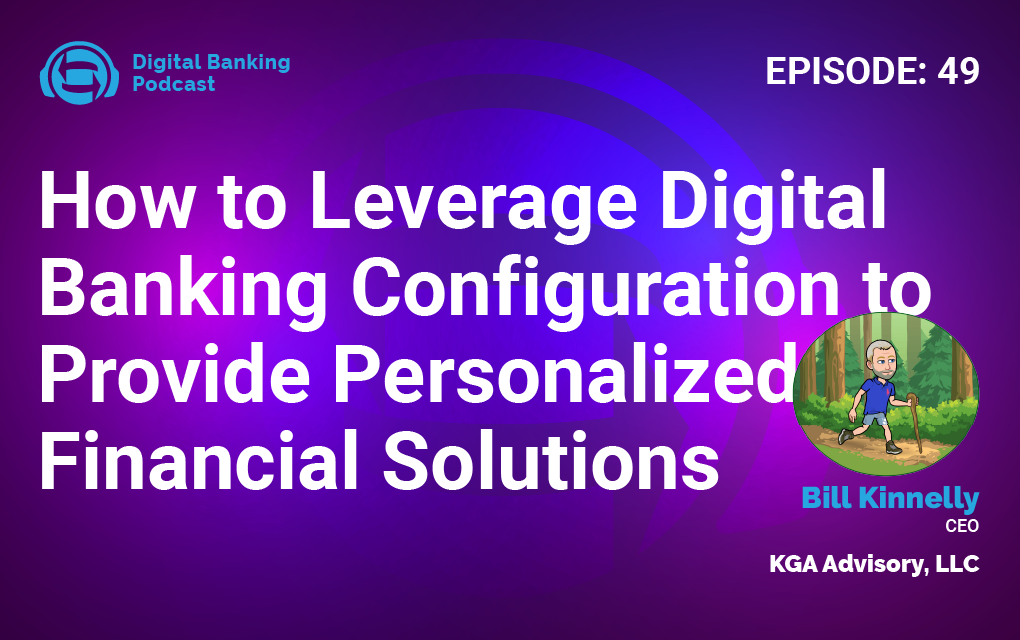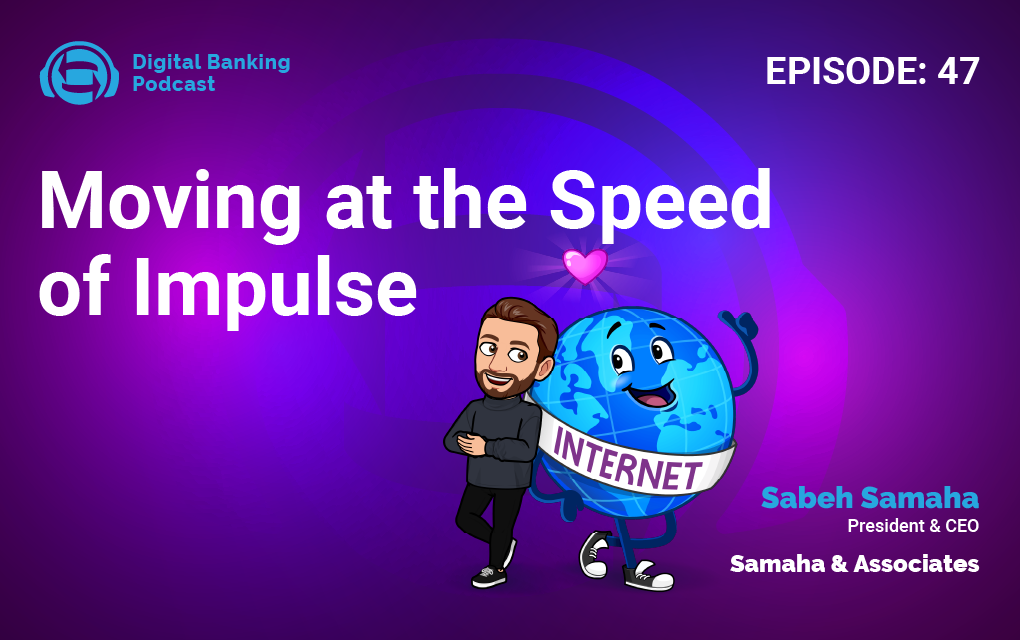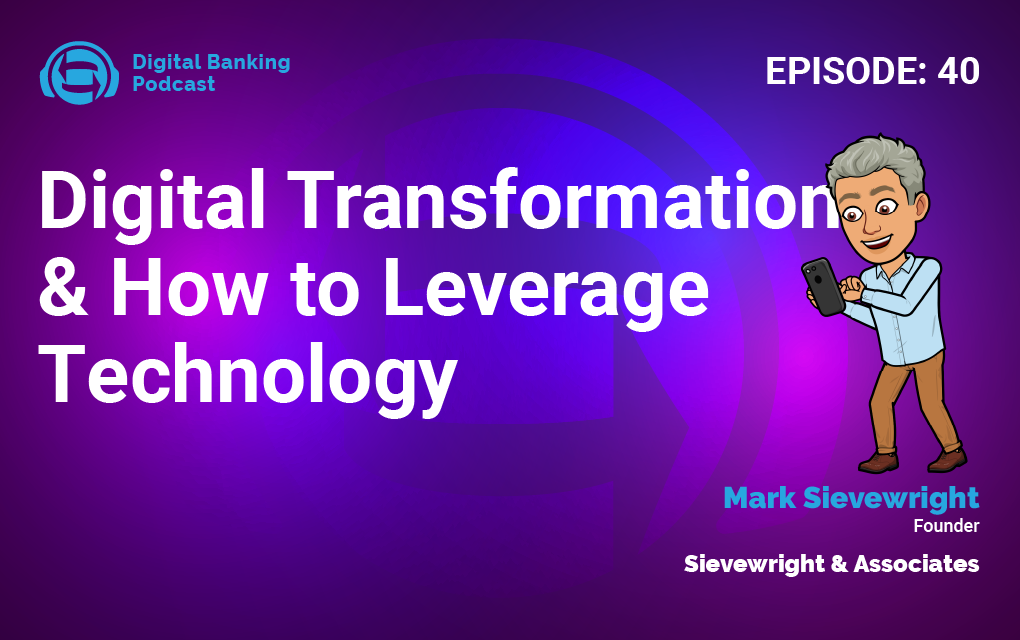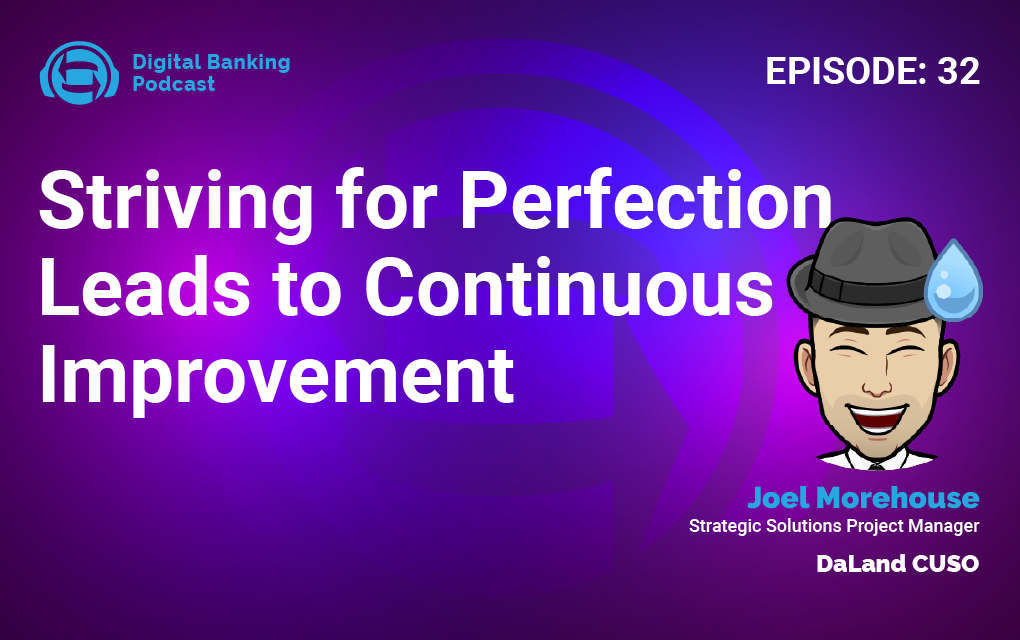Digital Transformation and How to Leverage Technology, With Mark Sievewright of Sievewright & Associates
LISTEN NOW
“I’m not trying to be dramatic. I think our business right now is at one of the most important inflection points in its history. I genuinely believe that our industry is going through a massive transformation, and we’d better get ready for it because our relevance and survival depend on how well we do.”
Episode Summary
It’s impossible to ignore the constant beating of the digital transformation drum. Where many financial institution executives struggle is trying to figure out exactly what digital transformation means and where to start. Our guest on this episode of the Digital Banking Podcast broker digital transformation down to four manageable components: people, technology, data, and processes.
In this episode of Digital Banking Podcast, we hear this and more from Mark Sievewright, the founder and CEO of Sievewright & Associates, as well as the co-author of Digital Life.
Other topics that Sievewright covers with host Josh DeTar include the importance of company culture, successful tactics and strategies for leveraging technology, how even small FIs can differentiate themselves, and what FIs can learn from giants like Apple and Amazon.
Key Insights
⚡ What does digital transformation mean to community financial institutions?
One of the first things Sievewright and Guillermo Kopp (co-author of Digital Life) did in their book was define digital transformation. ”The definition we came up with was that it’s an opportunity to reimagine how your business delivers value and how it operates, and to do so in four dimensions,” said Sievewright. “It’s about your people, technology, data, and process. And so taking those four dimensions and reimagining how you do business and how you bring value to those you serve is the essence of digital transformation.”
⚡ Technology is constantly growing, and FIs must keep up.
As Sievewright explained, technology has become a significant driver of business growth. Community FIs need to keep a close eye on and respond to both traditional and non-traditional competitors. ”Our industry is going through a paradigm shift,” he said. “We have to be deeply concerned about how we’re going to continue to remain relevant to our members in a world where cryptocurrency companies and Apple and Amazon and others are trying to make a play for what we have.”
⚡ How did Apple manage to reinvent credit cards instead of FIs?
Apple revolutionized the finance space with its Apple Card. It showed that the processes around it — applying for it, activating it, and using it — can be pretty straightforward. But what did Apple have that FIs didn’t, and why did FIs miss the opportunity to reinvent credit cards? ”They had a clean sheet of paper. They were thinking seriously about what consumers need,” said Sievewright. “They didn’t have the anchor of legacy businesses and legacy technologies. And they also had an incredible leg up in terms of the massive smartphone distribution and the affinity that people have for Apple products. So they had a lot of things going for them. But isn’t it ironic that they came along out of nowhere and reinvented a business that was 50 years old?”










